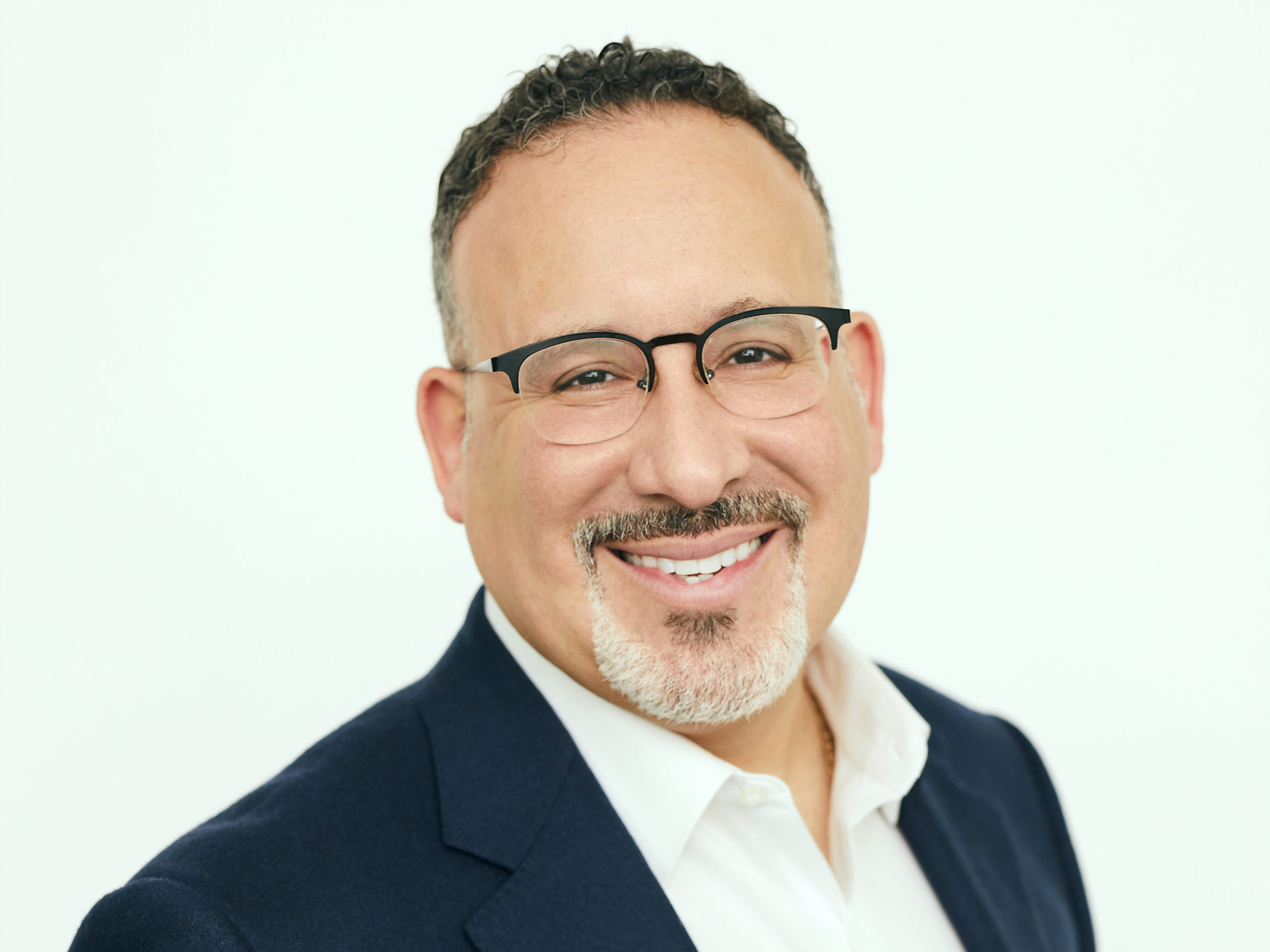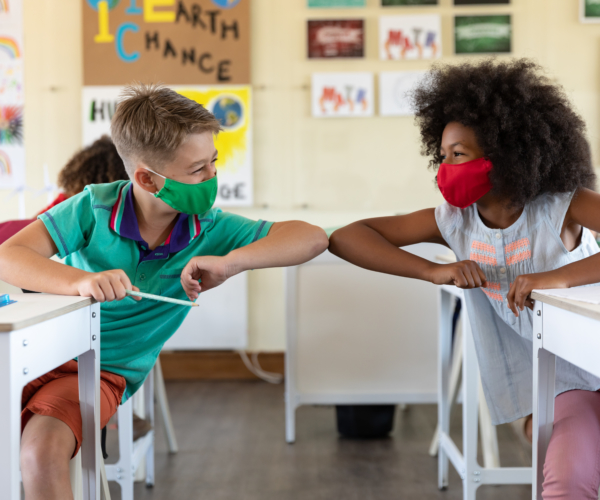
Miguel Cardona, President Joe Biden’s nominee for U.S. education department secretary, is a step closer to a Senate confirmation following Wednesday’s committee hearing.
Cardona is widely known as a proponent of keeping students on campus and increasing supports to vulnerable student groups during the COVID-19 pandemic.
His career includes stints as an elementary school teacher, principal, assistant superintendent, and most recently education commissioner for the state of Connecticut.
“Investing in public education changing lives, and it saves lives,” said Cardona, who fielded questions from members on the U.S. Senate Committee on Health, Education, Labor, and Pensions.
More from DA: Biden orders plans for reopening schools safely
Committee members questioned the nominee about providing additional mental health supports, bolstering career and technical education opportunities in education, and administering spring assessments.
“Assessments are an issue of concern and great debate,” said Cardona. “I don’t think we need to be bringing students in just to test them on a standardized test.”
Notwithstanding, he said he believes students should continue to be assessed for their academic progress making sure that assessment data is available.
Supporting students in special education
Federal data collections consistently report that students with disabilities, along with racial and ethnic minorities, are disproportionately disciplined at school.
Cardona said he has advocated for restorative practices, monitoring, and building capacity to reduce disproportionate suspensions and expulsions in schools.
Cardona said looking for best-practices and reviewing outcomes at institutions that successfully provide transition services, from high school through postsecondary graduation.
College and career readiness
Cardona said he believes career and technical education opportunities should be emphasized in public education.
“I went to a technical high school, so I had choice,” he said. “I think that is healthy. I think parents should have that. I think schools should have that. Our neighborhood schools need to be schools where we want to send our children. I feel pretty strongly about that.”
Committee members also discussed ensuring that the Rural Education Achievement Program and federal TRIO programs remain available to rural and low-income students; appropriately screening low-income students for dyslexia and other learning disabilities; federal education funding in rural areas; transgender student participation in sports and extracurricular activities; and providing English learner programs and services.
COVID-19 pandemic response
Ranking Member Sen. Patty Murray asked Cardona about how his experiences in Connecticut may inform his work in navigating the pandemic response from a new perch at ED.
Cardona said the state used partnerships and communication strategies to mitigate the effects of the pandemic.
More from DA: 5 ways to improve student’s mental health care
He said officials were open and transparent with what they knew, and they partnered with local health officials. Cardona said that, while “there is no substitute for the classroom experience,” extended learning opportunities and providing educators with high-quality materials can help address learning loss occurred during the pandemic.
Cardona said he would prioritize vaccinations for educators and promote COVID-19 surveillance, and he would advocate for personal protective equipment at schools that are safe and clean with better ventilation.
He said schools may require extended day learning. He said that mental health supports, and services provided by school psychologists and other personnel, are necessary and will be needed post-pandemic.
“In our schools, the needs of our students’ mental health are greater,” said Cardona. “Reopening schools is not just about keeping them open for the next month or two.”
Johnny Jackson covers special education issues for LRP Publications, District Administration’s parent company.









